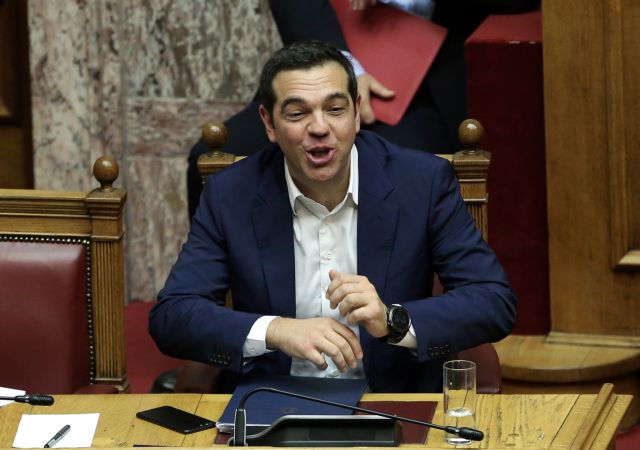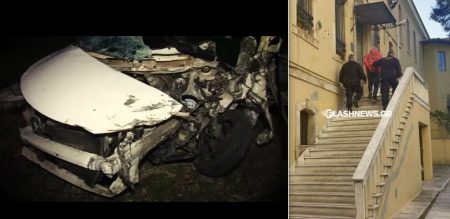The revelation that the banks accounts of former prime minister Costas Simitis and his wife, as well as of Simitis’ public order minister Michalis Chrysohoidis and of deputy minister Evangelos Malesios, will be opened due to a judicial case that has been dragging on for years, without anything ever having been proven, demonstrates that a machine targeting political opponents is working at full speed, preparing the climate that the government deems suitable for the next general election.
Obviously, the Authority for Combating Money Laundering did not suddenly awaken after so much time to demand the opening of bank accounts. Sources say that certain people sent it some alleged information which it was obliged to investigate.
Hence, it is some other power centre that set in motion the cottage industry for the prosecution of political opponents, with the obvious aim of creating a sensation and of exploiting the cases politically.
It has been demonstrated that the government’s propaganda and its well-known mouthpieces have for some time been preparing the ground for scandal-mongering, with the use of all types of methods in order to annihilate politically those whom they consider enemies.
Everyone knows that Mr. Tsipras misses no opportunity to target “the old political system” in order brew up a climate of extreme polarisation and division and to save himself politically.
It is by now obvious that we are entering a pre-electoral period in which sensationalism, demagoguery, and mudslinging will predominate. It appears that mainly the centre-left will be in the eye of the storm, because it is the apple of discord as regards political domination after the election.
It may be that in Europe Mr. Tsipras is discovering Social Democracy, but at home he prefers to peck at its base while continuing to rule with his junior coalition partner, Panos Kammenos.
He plays the role of Pontius Pilate, as his former close associate and former foreign minister Nikos Kotzias said, because his essential interest is not in scandals, but rather in his own political future.
With the country still in intensive care and banks languishing, and with the economy trying to recover, he insists on cultivating polarisation and divisions, indifferent to the consequences.
In the past, too, the country went through periods of extreme political clashes, with the prosecution of politicians. One would have expected, however, that after the adventure of a ten-year crisis, something would have changed, particularly with a party that wants to call itself left-wing in power.
One would have expected that the suffering would have been a lesion, but unfortunately certain people remain unrepentant.



